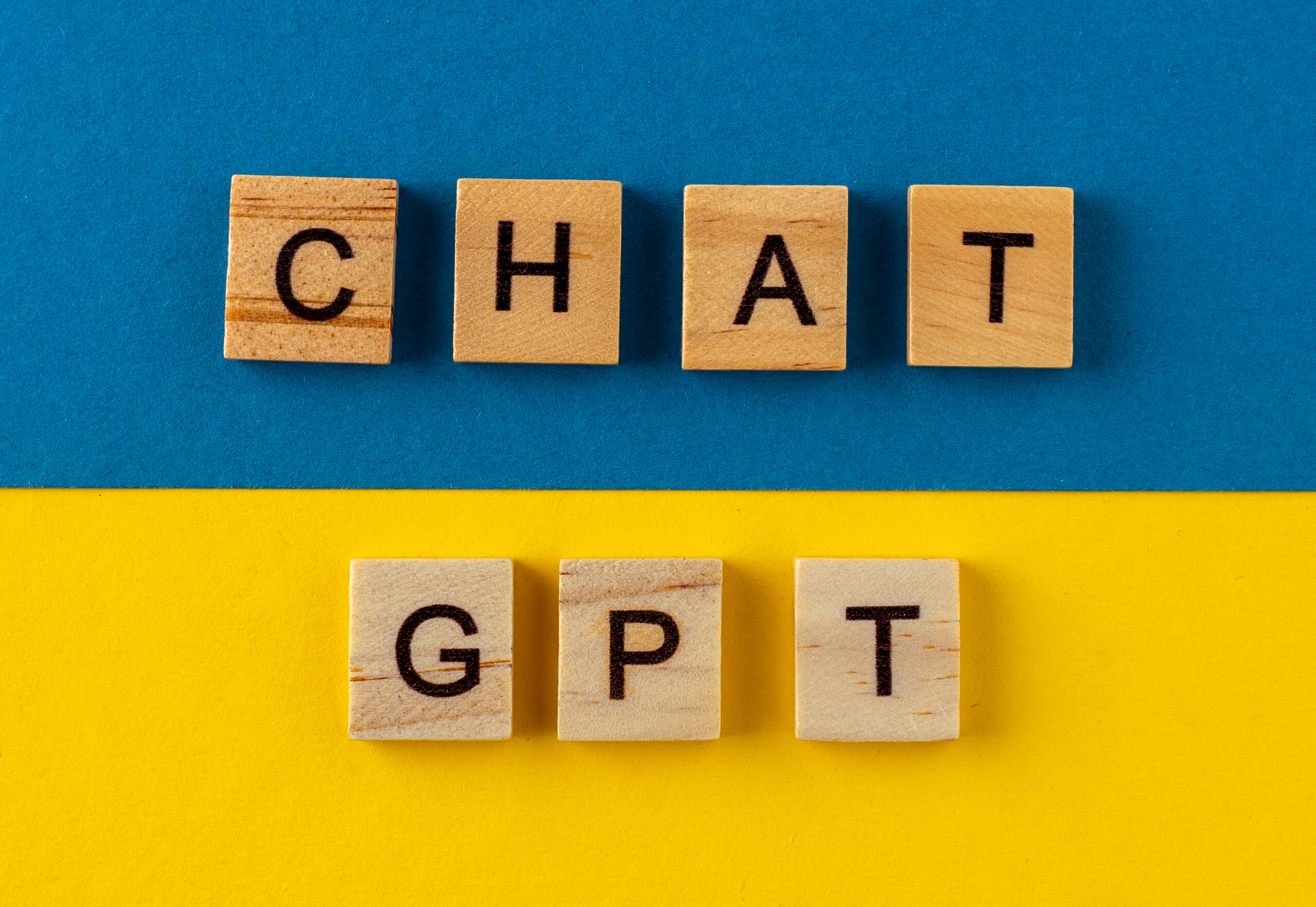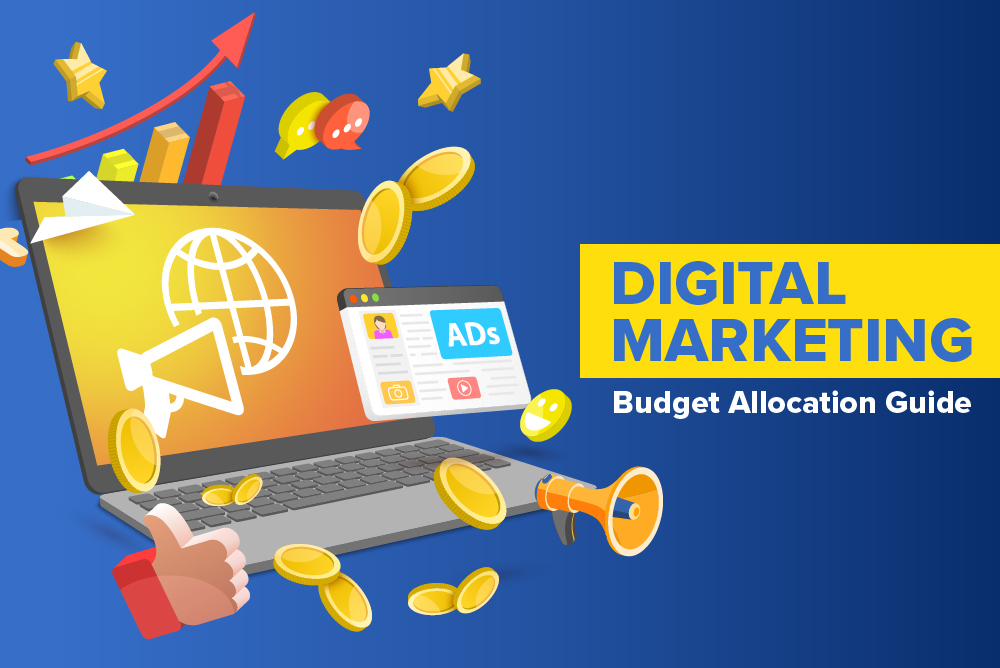ChatGPT 4 is an artificial intelligence language model developed by OpenAI that uses advanced machine learning algorithms to generate human-like text responses to prompts. It is the fourth iteration of the Generative Pre-trained Transformer (GPT) series of language models, with significant improvements over its predecessor, ChatGPT 3.
Let’s take a closer look at this advanced language model that has been making waves lately. We’ll explore its capabilities and the potential impact it could make in various fields.

What Is ChatGPT 4?
ChatGPT 4 is an AI language model developed by OpenAI based on the Transformer architecture. It incorporates state-of-the-art machine-learning techniques to generate text responses that are supposedly indistinguishable from those of humans. It is pre-trained with vast amounts of data, enabling it to generate coherent and natural-sounding text responses to prompts.
More advanced than its predecessor ChatGPT 3, ChatGPT 4 can generate more complex responses to prompts. It also has an improved natural language processing capabilities, enabling it to understand and respond to queries more accurately and efficiently.
Potential applications of ChatGPT 4 for digital marketing
ChatGPT 4 has several potential uses for digital marketing, including:
- Personalised customer interactions: ChatGPT 4 can be integrated into chatbots or virtual assistants to provide personalised customer interactions. This can help businesses improve customer satisfaction and engagement and drive sales.
- Customer support services: ChatGPT 4 can improve customer support experiences by providing quick and accurate responses to customer queries, reducing wait times, and offering round-the-clock assistance.
- Content creation: ChatGPT 4 can assist with generating content for digital marketing campaigns, such as writing product descriptions or creating social media posts. This can save time and resources while ensuring the content is high quality.
- Language translation: ChatGPT 4’s language translation capabilities can help businesses to expand their reach into new markets and communicate with customers in different languages.
- Customer insights: Looking to start an online business? ChatGPT 4 can analyse customer data and provide insights into customer behaviour and preferences. This can help businesses to refine their marketing strategies and create more targeted campaigns.
- Lead generation: With greater customer insights, ChatGPT 4 can also be used to qualify leads and gather information from potential customers. This can help businesses to target their marketing efforts more effectively and increase the chances of converting leads into sales.
- E-commerce platforms: ChatGPT 4 can enhance customer experiences on e-commerce platforms by providing accurate product recommendations, answering queries, and offering tailored support.
- Language learning platforms: ChatGPT 4’s language translation capabilities can benefit language learning platforms by providing real-time translations, language practice, and personalised feedback.
ChatGPT 3 vs ChatGPT 4
ChatGPT 4 has several key improvements over ChatGPT 3. As mentioned earlier, ChatGPT 4 has a much larger number of parameters, allowing it to generate more complex and natural-sounding responses.
ChatGPT 4 has improved natural language processing capabilities, enabling it to understand better and respond to queries. It also has better memory and can retain information from previous prompts, which allows it to generate more coherent and contextually relevant responses. Finally, this version now has the ability to perform zero-shot learning and prompt engineering.

How To Use ChatGPT 4
Here are the step-by-step instructions on how to use ChatGPT:
Step #1: Visit a platform that integrates ChatGPT
ChatGPT is integrated into various platforms, including websites and apps. You need to visit a platform that has integrated ChatGPT to use it. Some examples include chatbots on websites, mobile apps, or messaging platforms like Facebook Messenger.
Step #2: Begin your conversation
Once you are on a platform with ChatGPT integration, you can start a conversation with the chatbot. You can usually do this by clicking on a chat icon or a chat button on the website or app.
Step #3: Ask a question or start a topic
Once you’ve started a conversation with ChatGPT, you can ask any question or start a topic of discussion. You can ask ChatGPT for information, advice, recommendations, or just chat for fun.
Step #4: Continue the conversation
ChatGPT will respond to your question or topic and continue the conversation with you. You can keep asking questions or chatting with ChatGPT as long as you want.
That’s it! These are the basic steps you need to follow to use ChatGPT. Keep in mind that ChatGPT’s responses are generated by a machine learning algorithm, so its answers may not always be perfect or accurate.
Who is using ChatGPT 4 right now?
Currently, several companies are utilising ChatGPT-4 for various purposes. For instance, Morgan Stanley employs it to arrange and manage their wealth-related data, while Stripe tests its potential in combating fraud. In addition, Duolingo is integrating ChatGPT-4 to help users learn languages by explaining their mistakes and providing opportunities to practise real-life conversations.
Other companies that use the technology include OpenAI, Microsoft, and Google. These organisations use ChatGPT 4 to develop and improve new applications, such as chatbots, language translation, and content generation.

Availability Of ChatGPT 4 In Singapore
OpenAI provides access to the basic version of ChatGPT for most individuals, although certain countries and regions may have restrictions. However, the latest version of ChatGPT is exclusively available to ChatGPT Plus subscribers for a monthly fee of US$20 (S$27) and as an API tool for developers to incorporate into their applications, with a waitlist available for interested parties. We might just need to wait for an official ChatGPT 4 release date if it becomes available for free to the public in the future.
In the future, ChatGPT may be found on Microsoft’s search engine, Bing. If you click on the “chat” button on the Bing website, you will likely be directed to a page where you can join a waitlist, as access is being gradually made available to users.
What Comes Next After ChatGPT 4
As with any AI technology, ChatGPT 4 is likely to continue to evolve and improve over time. OpenAI has stated that they plan to release more details about the model’s architecture and performance in the future, which will enable developers to build more sophisticated applications.
However, as AI language models like ChatGPT 4 become more advanced, there are growing concerns about their ethical implications. For example, there are concerns that AI models like ChatGPT 4 could be used to spread misinformation, generate fake news, or perpetuate harmful stereotypes.
OpenAI has developed ethical guidelines for creating and using AI technologies to address these concerns. These guidelines emphasise the importance of transparency, safety, and privacy in AI development.
Plugins and more improvements for ChatGPT 4
OpenAI’s introduction of plugins for ChatGPT has opened up new avenues for expanding the functionality and integration capabilities of the language model. Plugins enable users to enhance their applications by integrating ChatGPT 4 with existing systems and adding specific features and functionalities. Let’s delve deeper into the available plugins and the potential for future additions:
- Enhanced search plugin: The enhanced search plugin is designed to improve the search capabilities of ChatGPT 4. It allows users to perform more sophisticated and context-aware searches within the generated responses. This plugin enables users to find relevant information more effectively and enhances the overall user experience.
- Custom API calls plugin: With the custom API calls plugin, users can integrate external APIs into ChatGPT 4. This opens up possibilities for retrieving data from external sources, performing actions based on user inputs, and incorporating real-time information into the generated responses. It provides greater flexibility and enables ChatGPT 4 to interact with other systems and services.
- Data retrieval plugin: The data retrieval plugin facilitates the retrieval of specific data or information from external databases or sources. It enables ChatGPT 4 to access and provide relevant data to users in real-time. This plugin enhances the model’s ability to retrieve dynamic information and ensures the generated responses remain up-to-date and accurate.
- Specialised service plugins: OpenAI has also introduced specialised service plugins that cater to specific industries or applications. These plugins provide tailored functionalities and capabilities to address the unique needs of different domains. While specific examples of specialised service plugins are not available at this time, the potential exists for future plugins to be developed to meet the demands of specific industries or applications.
Looking ahead, OpenAI has expressed its intention to expand the available plugins and offer additional functionalities. As the adoption and usage of ChatGPT 4 continue to grow, we can anticipate the development of new plugins that cater to various industries and use cases. Future plugins may focus on areas such as e-commerce, customer support, content generation, language translation, and more, further enhancing the versatility and applicability of ChatGPT 4.
It’s important to note that the availability of plugins and the specific functionalities they offer may evolve over time. OpenAI is actively working on expanding the plugin ecosystem and collaborating with developers to create more diverse and powerful plugins. Users can expect a wider range of plugin options in the future, providing them with even more flexibility in leveraging ChatGPT 4 for their specific needs.
Prompt engineering and new job opportunities
Prompt engineering refers to the process of designing and refining prompts to effectively interact with a language model like ChatGPT-4. It is a rapidly growing field within the AI domain that focuses on optimising AI model responses by refining the input prompts. In fact, the National University of Singapore (NUS) recently made headlines by putting out a job position for a Prompt Engineer with a pay of $8,000!
So, what do Prompt Engineers do? They help to craft prompts that elicit specific outputs from the language model to maximise the potential of AI models in their applications. By understanding the nuances of the model’s behaviour and tailoring the prompts accordingly, prompt engineers can fine-tune the responses generated by the AI system. Besides this, Prompt Engineers need to have the following qualifications:
- A bachelor’s degree, or higher, in computer science or a closely related field.
- Excellent writing and communication abilities.
- Understanding of AI models, their limitations, and how they function.
- Natural language processing expertise.
The demand for these engineers has risen alongside the advancements in language models like ChatGPT 4. As a result, companies across various industries are seeking professionals with expertise in prompt engineering. In terms of salary prospects, AI prompt engineering offers lucrative career opportunities. The average salary of an AI Prompt Engineer can go up to $375,000 per year, depending on factors such as experience, expertise, and geographical location, according to Real Vision. Experienced Prompt Engineers with specialised skills may earn higher salaries.
As the field continues to evolve and AI models become increasingly sophisticated, the demand for AI Prompt Engineers is expected to grow. This presents an excellent opportunity for individuals with a strong natural language processing and machine learning background to enter this emerging field and contribute to advancing AI technology.
Leverage ChatGPT 4 And AI Technology With First Page
ChatGPT 4 represents a significant step forward in natural language processing, and its potential applications are vast. It will likely become even more advanced and widely used as technology evolves.
As with any emerging technology, it is crucial to approach ChatGPT 4 with caution and consider the potential ethical implications of its development and use. It is also essential to continue to monitor its development and use to ensure that it aligns with ethical principles and contributes to positive social outcomes.
If you want to leverage ChatGPT 4 for digital marketing, consider working with a reputable digital marketing agency like First Page. We have experience and expertise in maximising the latest AI technologies to help businesses achieve their digital marketing goals. Contact us today to learn more!




















